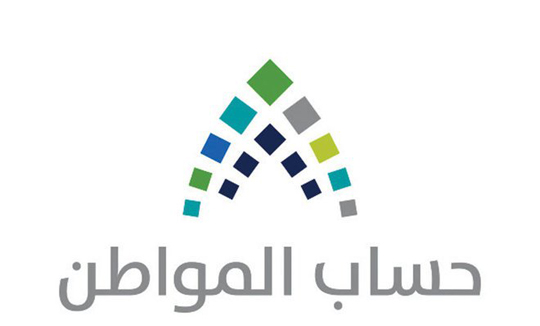Jeddah, Feb 3: More than 1.4 million people have registered for Saudi Arabia’s Citizens Account Program in the first two days since the application portal opened.
 The Ministry of Labor and Social Development’s communication center started receiving beneficiaries’ inquiries on Feb. 1, with more than 365 supervisors and communication officers working round the clock.
The Ministry of Labor and Social Development’s communication center started receiving beneficiaries’ inquiries on Feb. 1, with more than 365 supervisors and communication officers working round the clock.
The center received 25,000 calls on the first day, it said via its Twitter account on Thursday.
The number of accounts created on the electronic portal reached 1,054,589 on Feb. 1, with the overall number of applications rising to more than 1.4 million by Thursday evening.
The portal has the capability to process an average of 30,000 applications per hour, the communication center said.
Applicants are asked to disclose all sources of income, including the average monthly income over a year. The amount will be verified through a mechanism linked to several agencies.
Citizens Account Program statistics show that 79 percent of registrations were conducted through cellphones, with 21 percent registered through computers. Those figures do not include social insurance beneficiaries, who have been automatically registered in the system.
The program’s Twitter account (@citizenaccount) has 155,000 followers so far.
The targeted beneficiaries of the program include Saudi families, families carrying mobility cards, families of Saudi women married to non-Saudis, non-Saudi wives of Saudi nationals, unmarried individuals, widows and widowers, divorcees (male and female) living in separate residences, and people with no dependents.
It will be used in part to pay allowances to eligible citizens ahead of the government’s planned reduction of subsidies.
The program is seen as one of the most important tools to support the Kingdom’s national and economic transformation objectives, as part of the Vision 2030 goals.





Comments
Add new comment